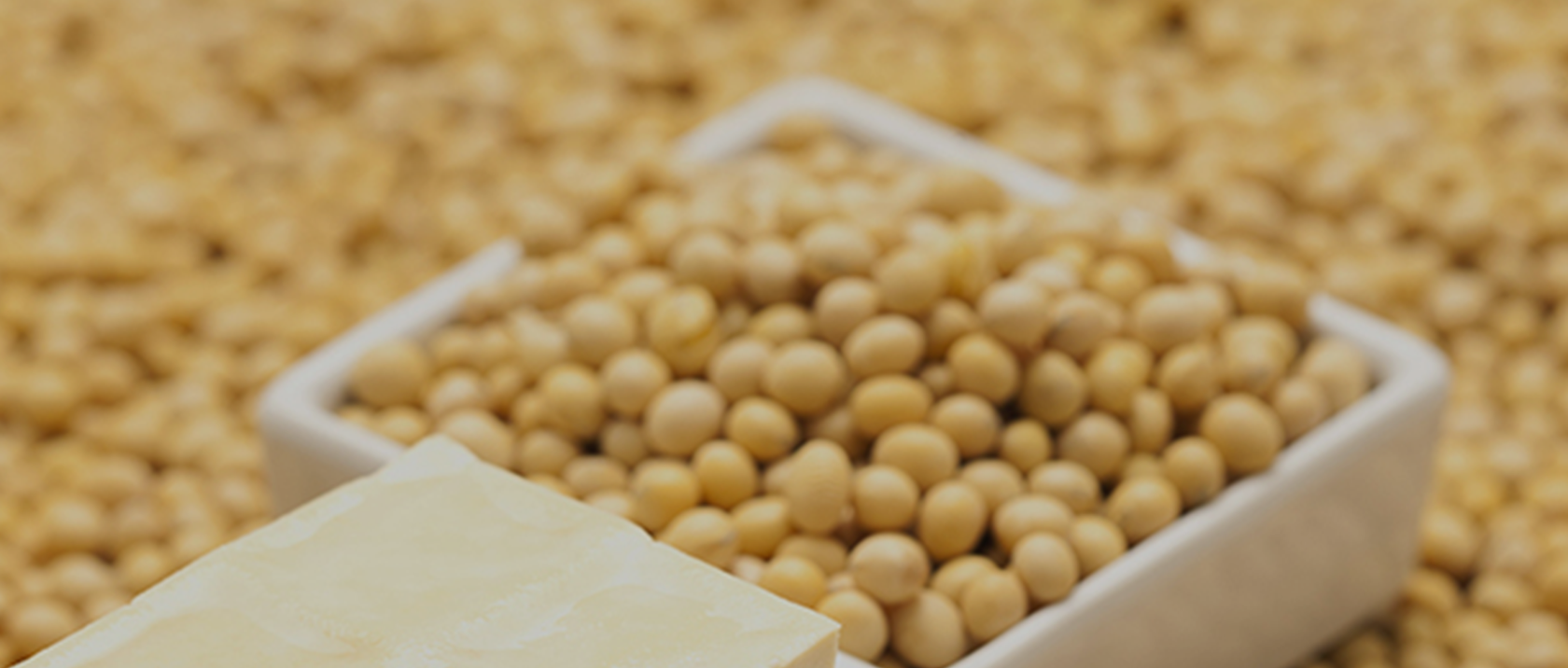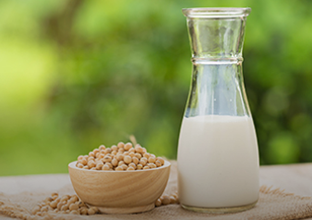Nutritional Components in Soybeans:
Soy Protein
Soy protein, commonly known as "plant-based meat," contains multiple essential amino acids for the human body.
Vitamins and Minerals
Soybeans are rich in B-group vitamins and trace elements such as calcium, iron, manganese, zinc, copper, and selenium.
Soluble Dietary Fiber
It not only enhances satiety, promotes the growth of beneficial intestinal flora, and balances the intestinal health environment but also prevents and treats constipation.
Soybean Phospholipids
The main component of soybean phospholipids is phosphatidylcholine, which has excellent emulsifying properties. It can prevent cholesterol from depositing on the inner walls of blood vessels, clear some deposits, and improve the absorption and utilization of fats, thus assisting in lowering blood lipid levels.
Soy Isoflavones
As a type of phytoestrogen, soy isoflavones help reduce signs of aging. Moreover, for women, they have antioxidant effects, revitalizing dull and aging skin.
The Dietary Guidelines for Chinese Residents (2022) recommends consuming 25–35 grams of soybeans or an equivalent amount of soybean products daily.
Soybeans contain anti-nutritional factors that interfere with the digestion and absorption of nutrients, reducing the digestibility and biological value of proteins and significantly affecting the absorption of inorganic salts and trace elements such as calcium, iron, and zinc. However, during processing, multiple procedures such as soaking, heating, peeling, and grinding reduce these anti-nutritional factors, greatly improving the utilization rate of various nutrients in soybeans.

.png)




